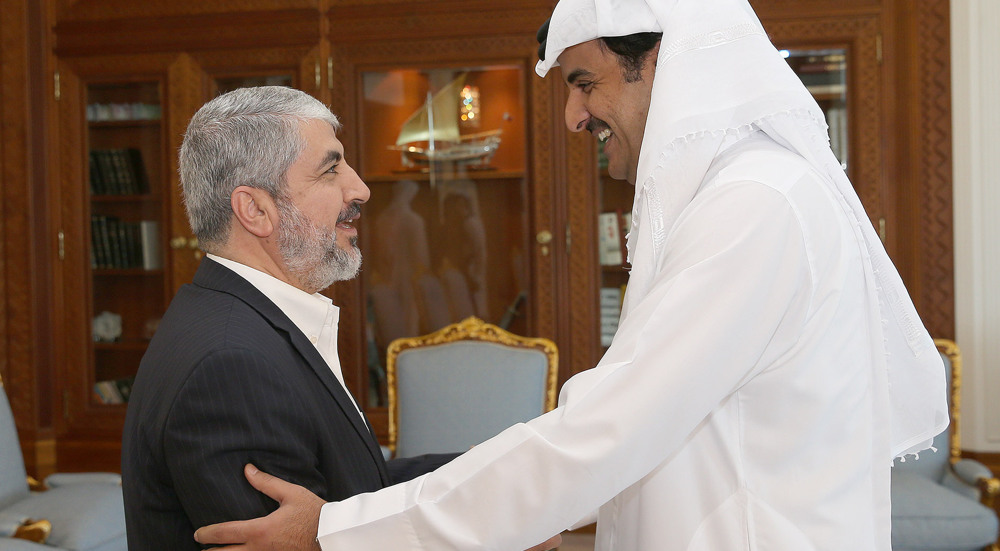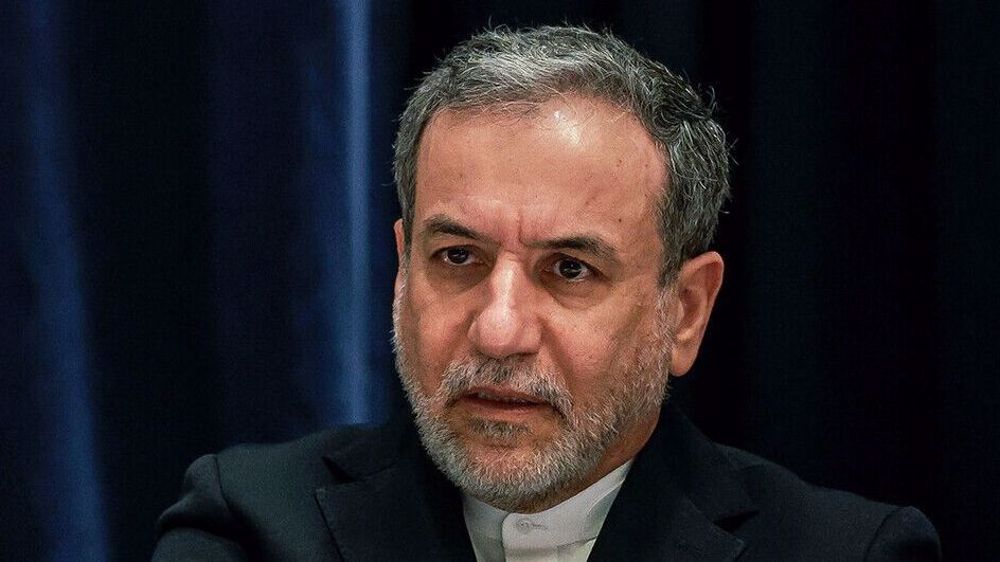UAE to file complaint with UN agency over ‘interception’ by Qatari jets: Official
The head of the United Arab Emirates (UAE) General Civil Aviation Authority (GCAA) says Abu Dhabi is set to lodge a complaint with the United Nations aviation agency over an alleged interception by Qatari fighter jets of two Emirati passenger aircraft en route to Bahrain.
“Today we will file our complaint to the International Civil Aviation Organization about the two serious incidents, along with the evidence that we’ve gathered, and ask for the intervention of the council to stop Qatar from repeating the act,” Saif al-Suwaidi said Tuesday.
The UAE said on Monday that Qatari fighter jets had “intercepted” two passenger flights bound for Bahrain, drawing a swift denial from Qatar.
Qatar’s government communications office has rejected the allegation as “completely untrue.”
Suwaidi also said that Abu Dhabi is looking at rerouting flights to Bahrain to avoid Qatari airspace.
“We are now studying changing the route to another one which is very far from Qatar,” he said. “However that will take some time as we have to reach an agreement with Bahrain.”
Just days earlier, Qatar lodged a complaint with the UN about what it called a violation of its airspace on December 21 by an Emirati military aircraft. Moreover, Qatar also alleged on Saturday that a second Emirati warplane had violated its airspace as it was traveling from the UAE to Bahrain on January 3, “without prior authorization.”
Tensions have escalated in the Persian Gulf region after Saudi Arabia, Bahrain, Egypt and the UAE severed their diplomatic relations with Qatar on June 5 last year, accusing it of sponsoring “terrorism” and destabilizing the region, an allegation strongly denied by Doha.
The quartet of boycotters has also barred Qatari aircraft from using their airspace. Qatar’s only land border with Saudi Arabia has also been blocked as a result.
The Saudi-led bloc then presented Qatar with a list of demands, among them downgrading ties with Iran, and gave it an ultimatum to comply with them or face consequences.
Doha, however, refused to meet the demands and said that they were meant to force the country to surrender its sovereignty. Qatar has also said it has too many financial resources at its disposal to be afraid of the assault.
Amid the diplomatic crisis, Abu Dhabi has taken an especially tough line toward Doha.
A number of attempts to mend the unprecedented rift have so far turned to be futile, including those by US Secretary of State Rex Tillerson, Turkish President Recep Tayyip Erdogan, and Kuwaiti Emir Sabah al-Ahmad al-Jaber Al Sabah, whose country has been playing the role of a key mediator since the beginning of the crisis.
VIDEO | IAEA adopts anti-Iran resolution tabled by E3
VIDEO | Iran's president urges Pope to help end Israel's onslaught in Gaza
Iran's senior legal official: ICC arrest warrant for Netanyahu ‘great victory'
Nov. 21: ‘Axis of Resistance’ operations against Israeli occupation
VIDEO | Israeli forces storm West Bank’s Jenin again, target civilians
Iran activates advanced centrifuges after IAEA's 'unjust' resolution
VIDEO | Press TV's news headlines
Iran FM: Response to Israeli aggression 'inevitable'











 This makes it easy to access the Press TV website
This makes it easy to access the Press TV website